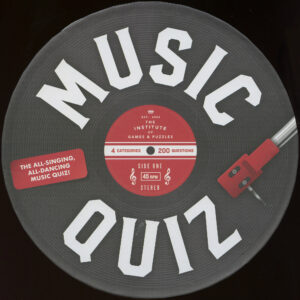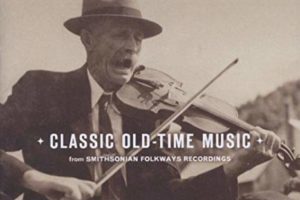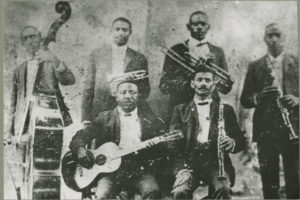One hundred years ago this week — July 28, 1914 — Austria-Hungary declared war on Serbia and the First World War began.
There is no better book on the subject than “The Guns of August” by Barbara Tuchman, which critics say is one of the greatest histories ever written. The book, which reads like a Greek Tragedy, focuses on both the inexorable and heart-breaking slide to war and its early battles.
As they would a generation later during the Second World War, the Germans dominated at the start and nearly scored a quick win: It routed the French in Belgium and the Russians at Tannenberg in the east.
It turned out quite differently, of course. The wide open movement of troops in both east and west eventually ground to a halt in which thousands of lives were lost for an acre of land gained or lost. The events of August 1914 set the stage for the deaths of 15 to 65 million people, according to Wikipedia. World War I led to World War II, which Wikipedia says cost 40 to 85 million more lives. The flu pandemic of January 1918 to December 1920 took 50 to 100 million lives. Thus, grotesque and unbelievable estimate for the three events is between 105 to 250 million dead.
That certainly should put you in the mood for some music. The most famous War War I song from the American perspective is George M. Cohan’s “Over There,” which TDMB already has featured. Here are two others: Above is “It’s a Long Way to Tipperary,” which is sung by John McCormack. Below is “Oh It’s A Lovely War,” sung by Courtland & Jeffries.
The main task of war is to kill and maim. Beyond that, war drives technology and spreads culture by indiscriminately mixing people from different regions, countries and backgrounds. Those two phenomena — war as a great accelerator of cultural cross-pollination and the horror of all the violence — are factors in all the art that follows. Thus, World War I is a great influence over everything we listen to — from Pink Floyd to Dizzy Gillespie to Hank Williams to Run-DMC to The Boston Pops. And it all got started in earnest 100 years ago this week.










